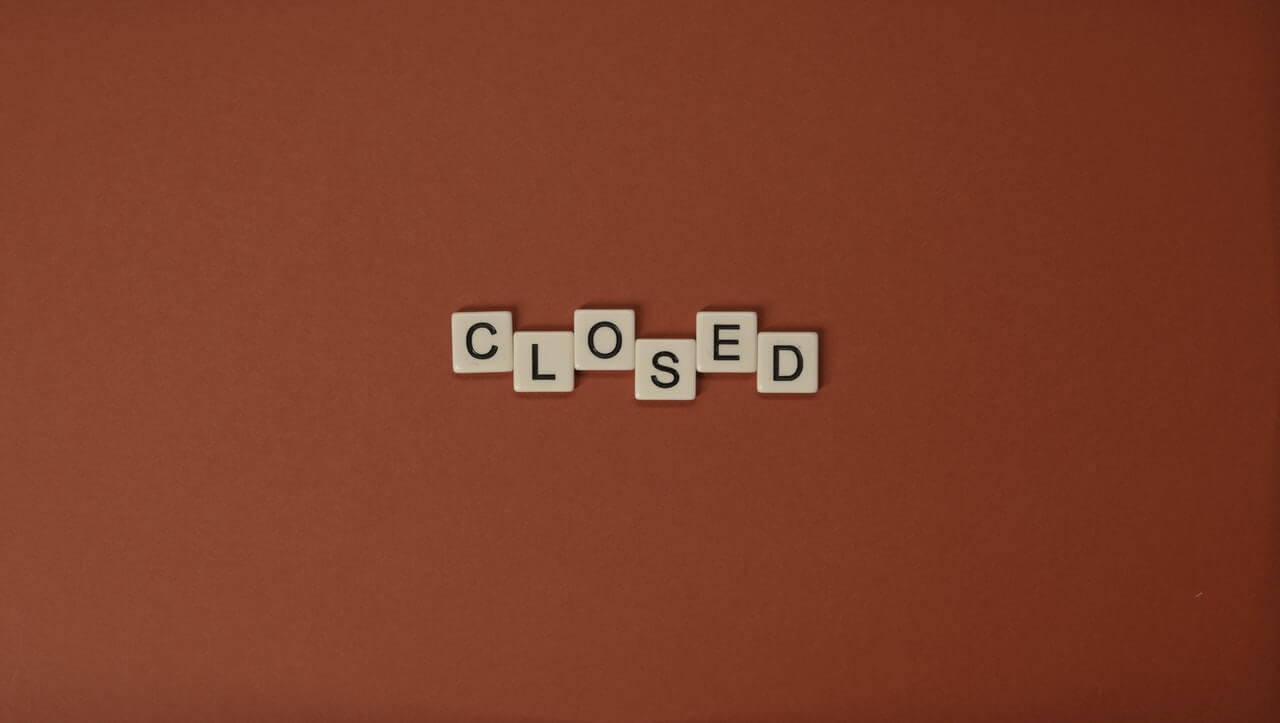I have to admit that I have a conflict of interest here. All four of my kids have attended Maimonides School in Brookline, Massachusetts. But the story below from boston.com is a good example of how we can instill values in our kids in ways that matter…to them and to us.
In the last girls’ soccer game of the season at Maimonides School, an underclassman pulled off her uniform and handed her jersey over to an injured teammate.
Senior player Tifara Ramelson had torn ligaments in her knee during her final season, but Shoshana Ehrenkranz, a seventh-grader, wanted Ramelson to have one last chance to play.
Moments like these permeate the athletic program at Maimonides School, a Jewish day school in Brookline.
For its athletes and leaders, it was no surprise they were recognized for good sportsmanship this year.
“For me it’s not about winning the game; it’s about playing well,’’ said Sophie Edelman, the varsity volleyball captain. “I want to have a good relationship with my teammates rather than show them I’m the best server in volleyball.’’
Today, Maimonides will honor its athletic teams at the opening game of the girls’ basketball season by presenting the District Sportsmanship Award.
The school received the award last month at the Massachusetts Interscholastic Athletic Association’s 17th annual Sportsmanship Summit at Gillette Stadium.
The summit recognizes one school in each district for sportsmanship, and Maimonides won the award among private schools, said Peter Smith, the association’s assistant director. The summit has grown in the past several years as more schools are interested in attending, with 1,100 people participating this year, he said.
“This is the type of stuff you take for granted,’’ said Smith. “There are a lot of people out there doing good things, and they’re not things you see in the news.’’
Maimonides won the award after being nominated by Marie Laundry, athletic director at Mount St. Joseph’s Academy, an all-girls Catholic school in Brighton.
“They come prepared all the time. They’re good sports and play hard right up to the last minute,’’ said Laundry, who coaches basketball and soccer against the Maimonides teams. “They never give up, and they encourage each other.’’
Maimonides students, administrators, and coaches all agreed their sportsmanship stems from values the school teaches starting in kindergarten. Half the school day is spent in academic classes, while the other half is spent studying the Torah, administrators said.
Lashon harah, for example, is in Jewish law the prohibition of gossip. It teaches students to be mindful of what they say about others, said Rabbi Dov Huff, assistant principal of general studies.
“In the newspaper, you read about how some schools do terrible things and haze. That just doesn’t happen at Maimonides,’’ said Elan Baskir, a senior who plays soccer, basketball, and baseball.
Baskir said the men’s soccer team made the quarterfinals for the first time in school history this year. It wasn’t easy. One victory, Baskir recalled, came on a freezing, rainy day.
But when the team stood on the brink of losing in those quarterfinals, said Huff, he overheard the players chatting in their huddle, with their captain praising his teammates not only for a great season, but also for respecting others.“To me, it was shocking. . . . What was on their minds is they did it the right way,’’ said Huff.
Rabbi David Ehrenkranz, who teaches the Bible and the Talmud and coaches varsity softball, said he teaches the same concepts in class and during practice.
“Dignity and self-restraint are second nature,’’ said Ehrenkranz. “I see no difference from students in my class, the way they behave in the classroom, compared to my athletes.’’
Athletic Director Hal Borkow said other schools and referees often compliment him on Maimonides students’ behavior, such as when a tough call is made, and the athletes take it in stride.
“The ref made a point to let me know that the kids behaved like mature young adults,’’ said Borkow.
But not everyone has to study the Torah to promote sportsmanship. Students said one of the most important ways to develop good attitudes is to maintain good relationships with teachers.
Huff, who graduated from Maimonides before becoming an administrator, said every grade has a tradition called shabaton, when students will spend the weekend at a teacher’s house, eating meals together and talking about important issues.
“Teachers in the school as a whole play a big role in how to behave,’’ said Tamar Kosowsky, a senior varsity volleyball captain. “Every school should focus on what it means to be athlete on the field.’’
Administrators said receiving the award meant they were doing the right thing, in and out of the classroom.
Judy Boroschek, general studies principal for the school, said, “It felt very affirming of what we’re trying to accomplish — to think school can have that much of an impact.’’
—————————————————————————————–
David Gebler is the President of Skout Group, an advisory firm helping global companies use their values to remove the roadblocks to performance. Send your thoughts and feedback to [email protected].



